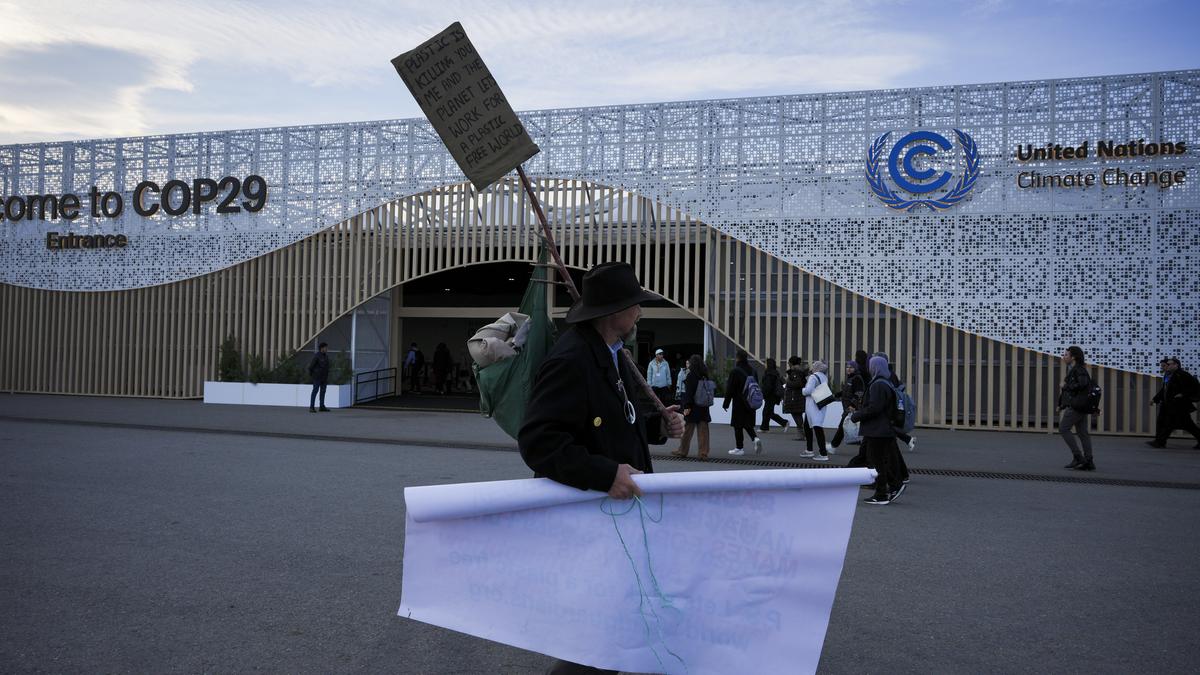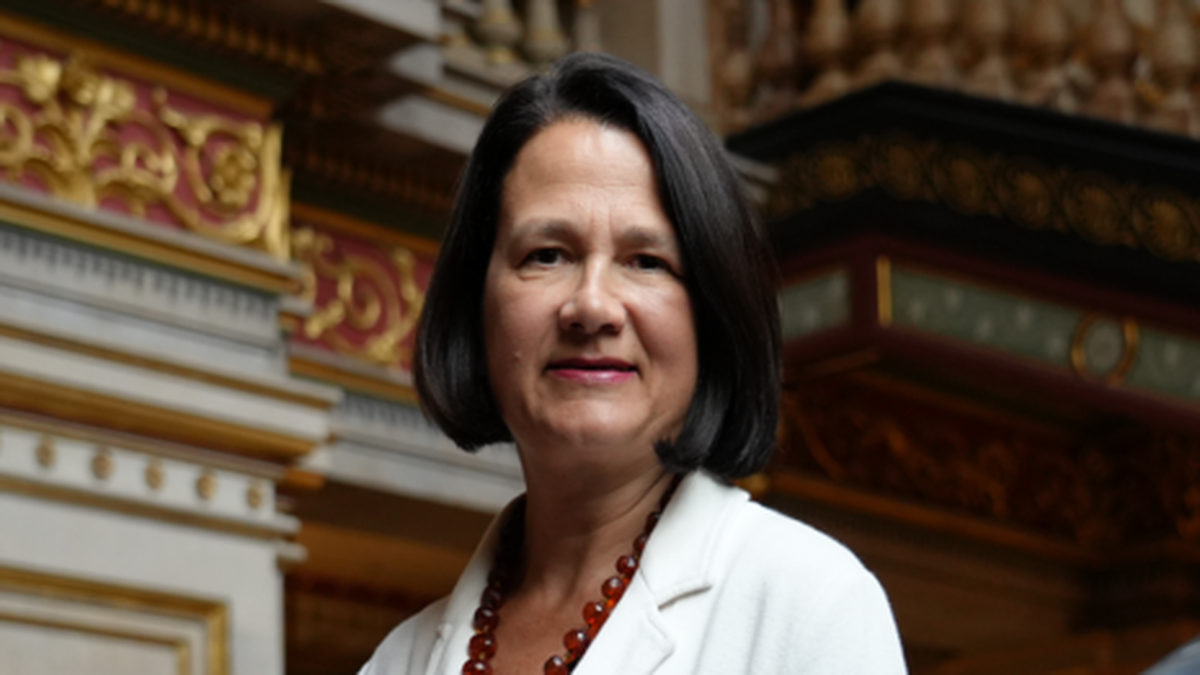Pakistan’s two senior Supreme Court judges have urged Chief Justice Yahya Khan Afridi to immediately fix hearings for pleas challenging the 26th Constitutional Amendment that granted legislators more power in appointing the top judge.
Justice Mansoor Ali Shah and Justice Munib Akhtar are on the top of the seniority list out of seventeen sitting judges of the Supreme court. Justice Shah was set to become the Chief Justice but the controversial amendment changed the rules, enabling Justice Afridi, the third on the seniority list, to become the Chief Justice.
The 26th Constitutional Amendment was challenged but the court has so far not taken it up for hearing, prompting the two judges to write a letter to Chief Justice Afridi to immediately fix the case for hearing.
In their letter of October 31 to the Chief Justice, the two judges, who are part of the committee responsible for fixing cases and forming benches under the Supreme Court Practice and Procedure Act (2023), stated that the committee has decided to hear these constitutional petitions in a full court, with the initial hearing date set for November 4.
However, Chief Justice Afridi has refrained from convening the requested session, leading to heightened tensions within the judicial ranks.
According to The Express Tribune newspaper, after the failure of the chief justice, Justices Shah and Akhtar held an independent meeting in Justice Akhtar’s chambers to determine the next steps. Following this private session, the two justices decided by a majority vote to bring the amendment petitions before a full court on November 4.
Despite their decision, no cause list has yet been issued, effectively postponing any immediate hearing on the matter.
In response to the delay, Justices Shah and Akhtar sent a second letter to Chief Justice Afridi, expressing their concerns over the postponement.
They highlighted the urgency of the matter, stating that “this matter impacts not only judicial authority but also public confidence in the legal process.” The newspaper reported that the Chief Justice’s decision to decline the meeting has underscored a growing divide within the Supreme Court. Legal analysts note that such rifts are rare within Pakistan’s judiciary, particularly on issues involving constitutional interpretation.
By refraining from convening a full court, the Chief Justice has, according to some experts, signalled a cautious approach to the handling of such cases, potentially seeking to avoid judicial overreach or political entanglements.
With no clear resolution in sight, the dispute continues to fuel debate within legal circles and the wider public, as many await a formal response from the chief justice on whether the petitions will be added to the cause list in the coming weeks, according to the paper.
Published – November 05, 2024 06:36 pm IST




